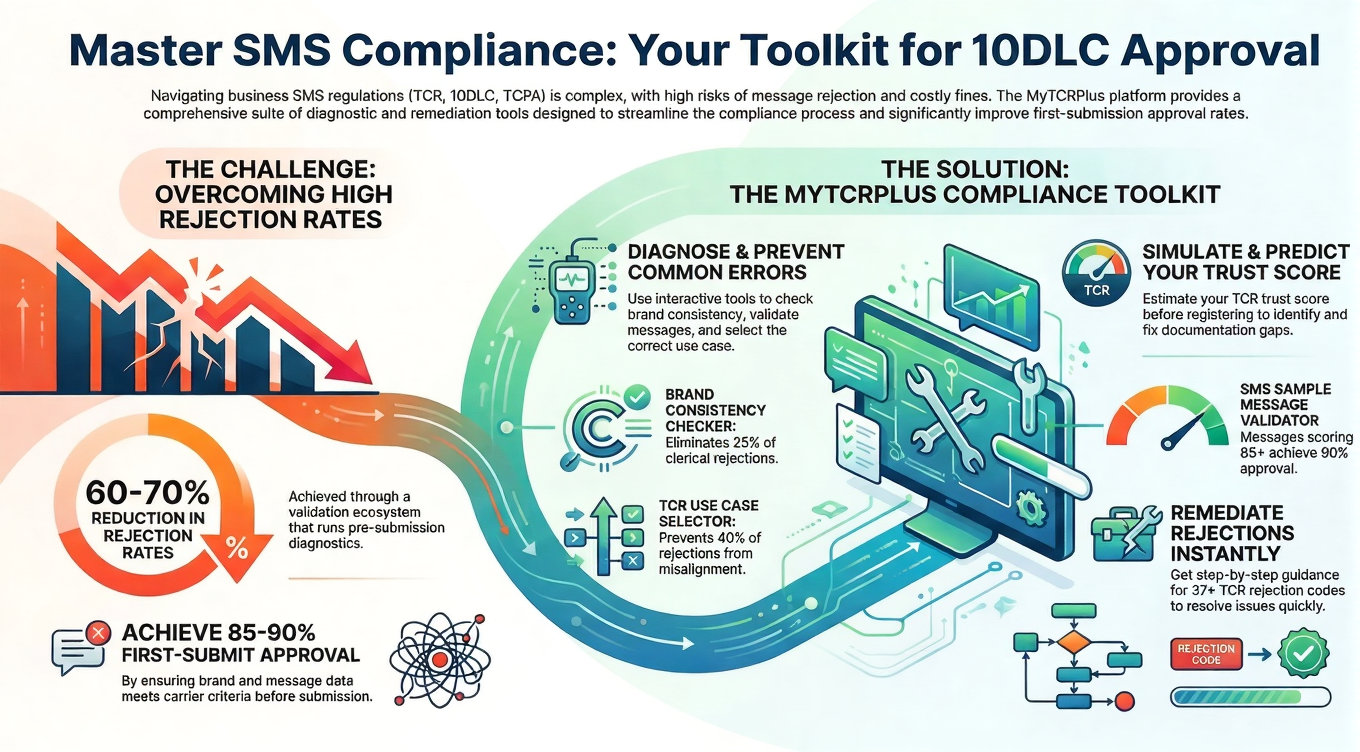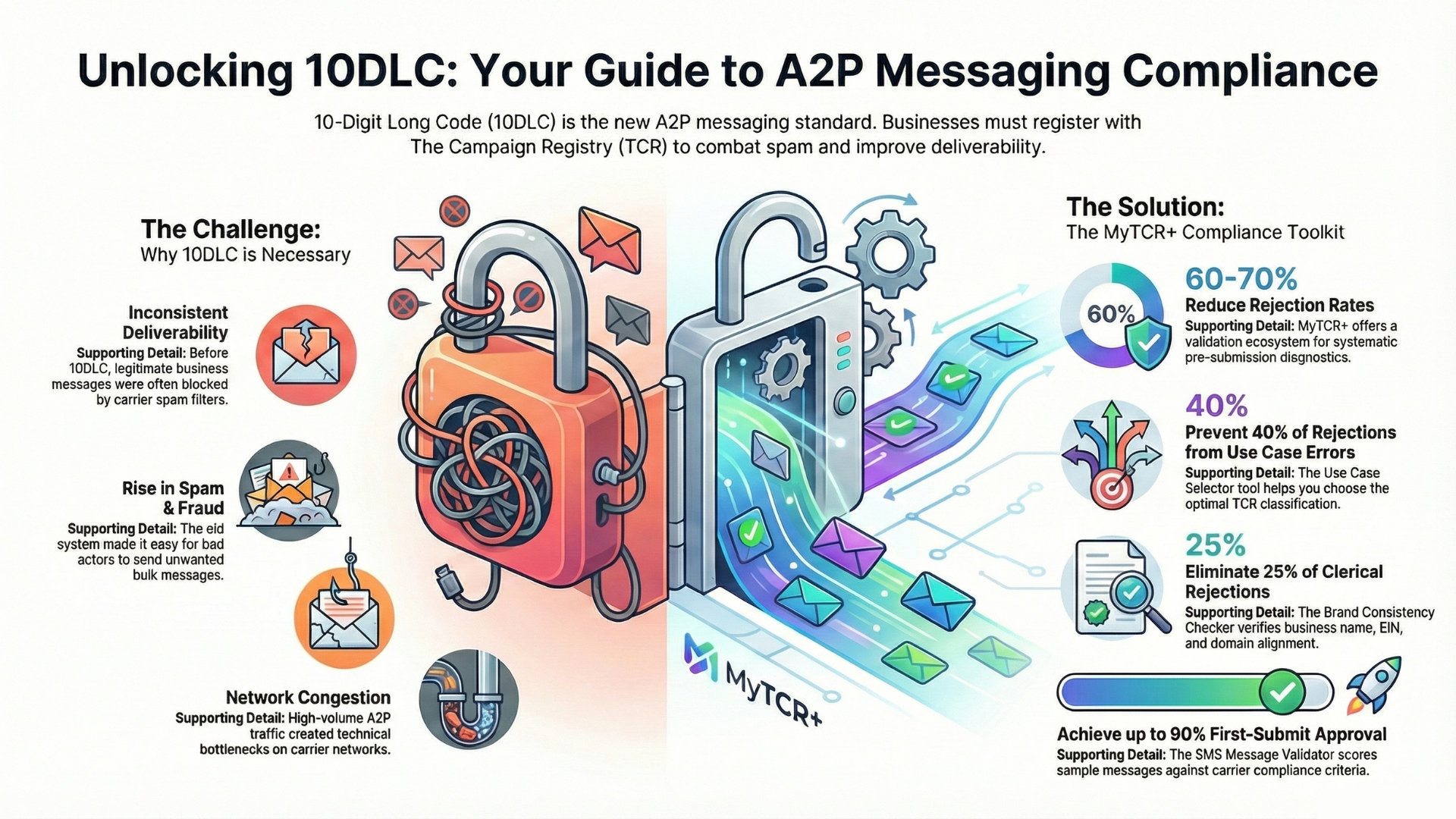In an era where digital marketing has become increasingly aggressive and businesses compete for consumer attention across multiple channels, Pizza Hut recently faced the consequences of crossing legal boundaries in its customer outreach efforts. The international pizza chain agreed to a $6 million settlement following allegations that it violated the Telephone Consumer Protection Act (TCPA), serving as a stark reminder to businesses about the serious implications of unsolicited marketing communications. This case has sent ripples throughout the marketing industry, prompting companies across all sectors to reassess their messaging strategies and compliance protocols.
Understanding the TCPA: A Foundation of Consumer Protection
The TCPA, enacted in 1991, was designed to protect consumers from unwanted telemarketing calls, text messages, and faxes during a time when automated dialing technology was beginning to overwhelm American households. Under this federal law, companies must obtain prior express written consent before making automated calls or sending marketing texts to consumers’ cell phones. What may seem like a straightforward requirement has proven to be a legal minefield for many businesses, and Pizza Hut’s case illustrates just how costly non-compliance can be.
The legislation has evolved significantly since its inception, adapting to technological advances and changing communication methods. While the original act primarily addressed voice calls, subsequent amendments and regulatory interpretations have expanded its scope to encompass text messages, prerecorded voice messages, and even some forms of ringless voicemail. This evolution reflects the regulatory reality that consumer protection must keep pace with marketing innovation.
Understanding what constitutes “prior express written consent” is crucial for any business engaged in SMS marketing. The consent must be clear, conspicuous, and obtained through a writing that includes the consumer’s signature. This can be electronic, but it must specifically authorize the business to deliver marketing messages using an automatic telephone dialing system or artificial or prerecorded voice. Buried consent language in lengthy terms and conditions rarely meets this standard, a fact that has tripped up numerous companies in TCPA litigation.
The Pizza Hut Case: What Went Wrong
The allegations against Pizza Hut centered on the company’s text messaging practices, revealing systemic issues in how the chain managed customer communications. Customers claimed they received promotional texts without providing proper consent or continued receiving messages even after requesting to opt out. These violations might appear minor from a business perspective, particularly when viewed in isolation, but the TCPA carries significant penalties that transform individual infractions into massive liability.
Companies can face fines ranging from $500 to $1,500 per violation, and when dealing with thousands of unauthorized messages sent to numerous recipients, those numbers can accumulate rapidly into millions of dollars in potential liability. The statutory damages structure means that even technically minor violations can result in catastrophic financial consequences when multiplied across a large customer base or extended marketing campaign.
According to the allegations in the case, Pizza Hut’s violations fell into several categories that commonly appear in TCPA litigation. First, there were claims that the company sent messages to individuals who had never provided any form of consent. Second, some customers reported that they had provided their phone numbers for non-marketing purposes, such as order confirmation, but subsequently received promotional messages without additional consent. Third, and perhaps most damaging from a compliance perspective, were allegations that the company failed to honor opt-out requests promptly, continuing to send messages to consumers who had explicitly requested to stop receiving them.
What makes this case particularly instructive is that Pizza Hut is a major corporation with substantial legal and compliance resources at its disposal. If a company of this size and sophistication can run afoul of TCPA regulations, it underscores how complex modern marketing compliance has become. The settlement amount reflects not just the technical violations but the broader principle that consumer privacy rights must be respected regardless of a company’s marketing ambitions or operational scale.
The Financial and Reputational Cost of Non-Compliance
The $6 million settlement represents just the tip of the iceberg when calculating the true cost of TCPA violations. Beyond the direct financial payment, Pizza Hut likely incurred substantial legal fees defending against the claims, invested significant internal resources in investigating and addressing the compliance failures, and devoted management attention to resolving the matter rather than focusing on business growth and innovation.
Moreover, the reputational damage from such high-profile settlements can be difficult to quantify but no less real. Consumers increasingly value their privacy and expect companies to respect their communication preferences. News of TCPA violations can erode brand trust, particularly among privacy-conscious demographics, and may influence purchasing decisions in competitive markets where consumers have numerous alternatives.
The settlement also likely required Pizza Hut to implement enhanced compliance measures, potentially including technology upgrades, revised procedures, additional training programs, and ongoing monitoring mechanisms. These compliance investments, while necessary and ultimately beneficial, represent additional costs stemming from the original violations. In many TCPA settlements, defendants must also agree to injunctive relief that constrains their future marketing practices, potentially limiting their ability to reach customers as efficiently as competitors who maintained compliance from the outset.
Broader Implications for the Marketing Industry
The lessons from this case extend far beyond the restaurant industry and Pizza Hut’s specific circumstances. Any business engaging in text message marketing needs to implement robust consent mechanisms and maintain meticulous records. This means clearly documenting when and how customers agreed to receive communications, providing easy opt-out methods, and promptly honoring all unsubscribe requests within the timeframes mandated by law.
The burden of proof lies with the company to demonstrate compliance, not with consumers to prove they never consented. This creates a fundamental challenge for businesses: they must develop systems capable of capturing, storing, and retrieving consent records for potentially millions of customers over extended periods. Many TCPA cases have turned on a company’s inability to produce adequate documentation of consent, even when they genuinely believed they had obtained it.
Text message marketing has become an essential channel for businesses across virtually every sector. The immediacy and high open rates of SMS make it an attractive medium for time-sensitive promotions, appointment reminders, delivery notifications, and customer engagement. However, this effectiveness comes with heightened regulatory scrutiny precisely because text messages are so intrusive and difficult for consumers to ignore.
Moreover, businesses must ensure their marketing partners and third-party vendors also comply with TCPA regulations. In many cases, companies have faced liability for the actions of contractors or franchisees who violated the law while acting on their behalf. This creates a critical need for comprehensive vendor oversight and contractual protections. Companies should include strong TCPA compliance provisions in contracts with marketing service providers, require evidence of compliance capabilities, and maintain the right to audit vendor practices.
Implementing Effective TCPA Compliance Programs
The Pizza Hut settlement should prompt every business to conduct a thorough audit of its marketing practices. Are consent forms clear and unambiguous? Is there a reliable system for processing opt-out requests immediately? Are employees and partners properly trained on TCPA requirements? These questions may not be glamorous, but they’re essential for avoiding costly legal entanglements.
A comprehensive TCPA compliance program should include several key components. First, businesses need crystal-clear consent mechanisms that meet regulatory standards. This means using explicit, stand-alone consent language rather than burying permissions in general terms and conditions. The consent request should clearly identify the company, describe the types of messages consumers will receive, explain how to opt out, and note that consent is not a condition of purchase unless it genuinely is.
Second, companies must implement robust opt-out processing systems. TCPA regulations require that businesses honor opt-out requests within a reasonable timeframe, generally interpreted as within 10 business days but often much sooner in practice. The opt-out mechanism must be easy to use, available at any time, and clearly communicated in marketing messages. Many businesses use keyword-based systems like “REPLY STOP to unsubscribe,” but these systems must function reliably and be monitored regularly.
Third, comprehensive record-keeping is non-negotiable. Businesses should maintain detailed records showing when consent was obtained, the specific language presented to the consumer, how the consumer provided consent, and documentation of any subsequent opt-out requests. These records may need to be retained for several years, as TCPA claims can be brought within a four-year statute of limitations.
Fourth, regular training for all personnel involved in marketing operations is essential. This includes internal marketing teams, customer service representatives who might collect phone numbers, IT staff managing messaging platforms, and executives making strategic decisions about marketing campaigns. Everyone in the organization should understand the basic requirements of the TCPA and their role in maintaining compliance.
Fifth, businesses should conduct periodic compliance audits to identify potential vulnerabilities before they result in violations. These audits should examine consent collection processes, review marketing message content and frequency, test opt-out mechanisms, verify record-keeping practices, and assess third-party vendor compliance.
The Role of Technology in Compliance
Technology plays a dual role in TCPA compliance—it’s both a source of risk and a solution to managing that risk. The same automation that makes large-scale text marketing feasible also creates the potential for widespread violations if not properly configured and monitored. Conversely, sophisticated compliance technology can help businesses manage consent, process opt-outs, maintain records, and demonstrate regulatory adherence.
Modern marketing platforms should include built-in TCPA compliance features such as consent management modules, automated opt-out processing, frequency capping to prevent excessive messaging, and comprehensive audit trails. When evaluating marketing technology, businesses should prioritize platforms that treat compliance as a core feature rather than an afterthought.
Additionally, businesses should implement systems that integrate consent data across different platforms and touchpoints. A customer who opts out via text message should be automatically removed from voice call lists, email campaigns, and any other relevant marketing channels unless they’ve provided separate consent for those channels. This integrated approach both protects consumers and reduces the risk of contradictory messages that confuse customers and expose the company to liability.
Looking Forward: The Future of Marketing Compliance
As technology continues to evolve and consumer expectations around privacy intensify, the regulatory landscape for marketing communications will likely become even more complex. Beyond the TCPA, businesses must navigate a growing patchwork of state privacy laws, international regulations like the General Data Protection Regulation (GDPR), and emerging frameworks specific to SMS marketing such as The Campaign Registry (TCR) requirements for A2P messaging.
The most successful businesses will be those that view compliance not as a burden but as a competitive advantage. Companies that respect consumer preferences and communicate transparently about their data practices can build stronger customer relationships and differentiate themselves in crowded markets. Consumers are more likely to engage with brands they trust, and demonstrating respect for privacy is increasingly central to building that trust.
In today’s competitive marketplace, businesses understandably want to reach customers through every available channel. However, the Pizza Hut case demonstrates that aggressive marketing tactics can backfire spectacularly when they disregard consumer protection laws. The most sustainable approach combines effective marketing with scrupulous respect for legal boundaries and customer preferences.
The $6 million settlement serves as an expensive lesson not just for Pizza Hut but for the entire business community. No promotional campaign is worth a multi-million dollar settlement and the reputational damage that comes with it. By prioritizing TCPA compliance, implementing robust consent mechanisms, honoring consumer preferences, and fostering a culture of respect for privacy rights, businesses can market effectively while protecting both their customers and themselves from regulatory liability. In the end, the most successful marketing strategy is one that reaches willing audiences through legal channels, creating sustainable customer relationships built on trust rather than intrusion.




